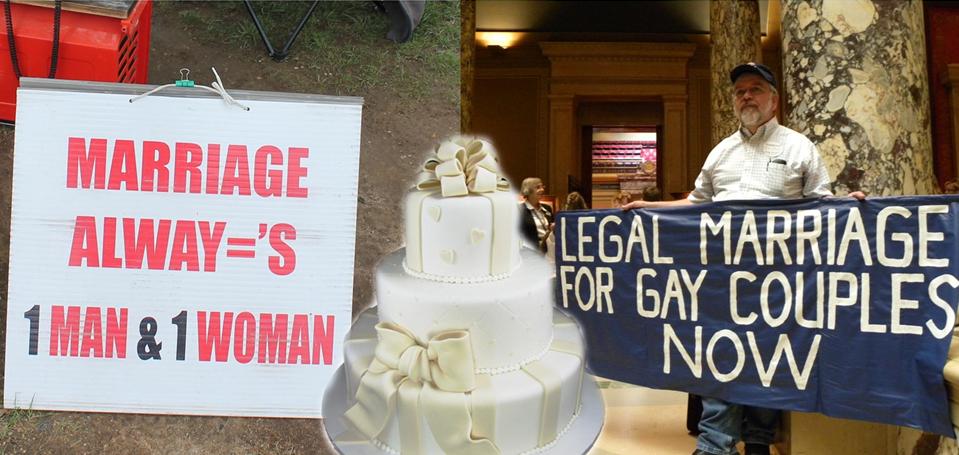That there are inconsistencies with discrimination is likely little surprise. The nature of discrimination is to differentiate and discern differences. That anti-discrimination can also be so inconsistent or contradictory, however, warrants further thought.
The issue of same-sex marriage, or gay marriage to use another term, is something which continues to strike discord amongst many.
There are those for it. Often gay couples, annoyed and dismayed by the fact that two consenting adults whom love one another are all too often unable to be married. Apart from an expression of love and commitment, marriage has various legal and financial ramifications conveyed to a spouse but not necessarily to a de facto partner.
There are those against it. Often drawing a line in the sand on religious grounds, that a marriage must be between a man and a woman. That somehow, allowing same-sex marriage supposedly degrades the institution of marriage and may pave the way for other more ‘radical’ ideas. Essentially the argument, when of a Christian nature, is that God made Adam and Eve; not Adam and Steve or Madam and Eve. The separation of church and state is seldom such a true divide in the reality of society.
There are those indifferent to it. Leaving each to their own. Perhaps they don’t condone it, but they won’t attempt to stop it either. This may be found where a gay couple is legally wed in another country, and then return to their home country thereby attempting to force the recognition that they are legally married.
Beyond this, countries of the ‘developed’ world have sought to implement anti-discrimination policies and legislation making it illegal to discriminate against someone on the grounds of their gender, race, religious beliefs, or sexuality.
Hence, it would be illegal to not allow an Asian and Negro to marry one another.
It would be illegal to not allow a Buddhist and an Anglican to marry.
Yet, it is not legal to allow a woman and a woman, or a man and a man, to marry one another.
Is this not rather inconsistent?
Semantics could be argued, such that “illegal” and “not legal” may not be strictly the same thing. However, given the spirit of the anti-discrimination legislation is to stop people making irrelevant distinctions, said mostly without irony, the inconsistency is very much present.
If an employer refused to employ someone because they were gay, the employer would face fines and have the legislative book thrown at them by the government.
Yet, the government can choose to discriminate in a similar manner by not allowing gay marriage.
Is the issue of discrimination against same-sex marriage today, something that future generations will look back upon in a similar light (or darkness) as we now do with the past issues of women’s suffrage and apartheid? We may not know until it arrives, but you can have your say in the meantime.
Feature Image Credits: Elvert Barnes; Fibonacci Blue; Michael Prudhomme
 uthinki Considered Opinion?
uthinki Considered Opinion?




Pingback: Predicting the Australian Federal Election and its Policy Directions()